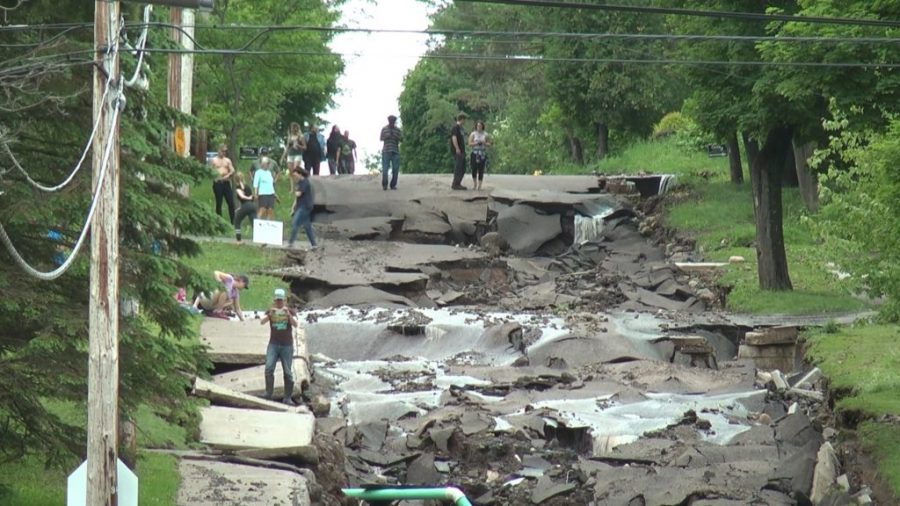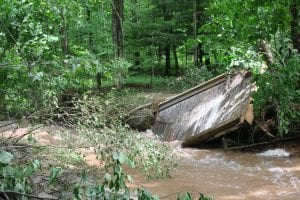Presenting at an Innovative Public Policy Conference
Recently, Dr. Adam Wellstead, director of the Online Public Policy Certificate, two colleagues, and several students attended a valuable policy conference. They participated in the Conference on Policy Process Research (COPPR) 2023: Advancing Policy Process, Theories, and Methods, held in Denver, Colorado.
Representing the Department of Social Sciences were Dr. Adam Wellstead and Dr. Angie Carter. As well, eight students attended virtually or in-person: Esther Acheampong, Madelina Dilisi, Anne Greub, Kathy Huerta Sanchez, Sidney Mechling, Jason Noe, Caitlyn Sutherlin, and Cassy Tefft de Munoz.
At the conference, Dr. Wellstead delivered research that was a collaboration of one of his inter-university research teams. He, along with Dr. Sojeong Kim (University of California-Davis); and Dr Tanya Heikkila (University of Colorado-Denver), presented their paper, “Policy Learning in Data-Based Policy Innovation Labs.”
Policy innovation labs are one of Dr. Wellstead’s many research interests. That is, previously, he developed a policy lab at Queen’s University. While there, he and students formed a Policy Innovation Lab that consulted stakeholders and developed solutions for the problem of Queen’s homecoming.
Gaining Public Policy Knowledge and Professional Skills
According to Dr. Wellstead, students enjoyed the experience of the conference and its benefits. For instance, they gained insight into the policy process and its leading researchers. They also had the opportunity to explore new public policy topics as well as gain inspiration for future research projects. Furthermore, they advanced their professionalism skills, which they can apply in both future conferences and their careers.
The conference was an incredible learning experience for me. I was exposed to the leading policy scholars within the field with whom I could interact in a student-friendly environment. It was fascinating to see the different research and practical applications for the various theories and frameworks I’ve learned about in my policy courses at Michigan Tech. There are so many fields that apply and derive value from these theories, from healthcare, politics, and environmental studies.
Discussing Public Policy With Dr. Wellstead and Conference Attendees
Are you interested in learning more about cutting-edge public policy? Policy Innovation Labs? Or about the versatile skills offered by Michigan Tech’s Online Public Policy Certificate?
If you are curious about the above topics and more, Dr. Wellstead will be hosting an informal discussion with some of the conference participants in the AOB common area. This discussion will take place this Wednesday (January 25th) at 3:30 pm. All are welcome.



